It’s 7.59am on a Sunday morning. Birds are chirping, a spring breeze is rustling the leaves of the French planes, and there is soft chattering outside the building. A peaceful scene – one which I am blissfully unaware of in my deep, Asahi-induced slumber.
And then it starts. The clock ticks over to 8.00am – BRRRRBBDDRTTZBBBBBRZ, BBRRDRTZZBBBRRBBRBRBRZTBBRTBBBBBBBBB, BBBBBBRRRRRRBRBRRRBZTBBRRR.
The sound of a pneumatic drill upstairs mercilessly rips me from sleep. A truly bloodcurdling noise vibrates my whole skeleton. It doesn’t matter if it’s three floors up or down. You will hear it. You have heard it. It is impossible not to hear it.
But what did we expect? A city growing this fast is noisy by definition. Nervous breakdowns followed by a therapeutic stabbing is frowned upon, so what can you actually do?
Initial prevention/Preemption
To avoid accidentally moving into a nightmare, heed these words. A classic mistake when looking for housing in Shanghai is to get sidetracked by cool features like a nice view or the fact that one of your favorite bars is right opposite. Put these things to one side for now.
The first thing to do when you view a potential new home is to scout out the area. Check neighboring apartment blocks to see if they are in a state of disrepair. If they are, chances are an incredibly drawn out demolition/renovation process will imminently take place and you will be there to witness to the whole thing (until you jump out of the window).
Check your lift/staircase for evidence of recent work being done. For example, wooden boards lining the inside of the elevator is usually a sign that at least one apartment is being gutted. Loads of drywall and concrete outside will also tip you off.
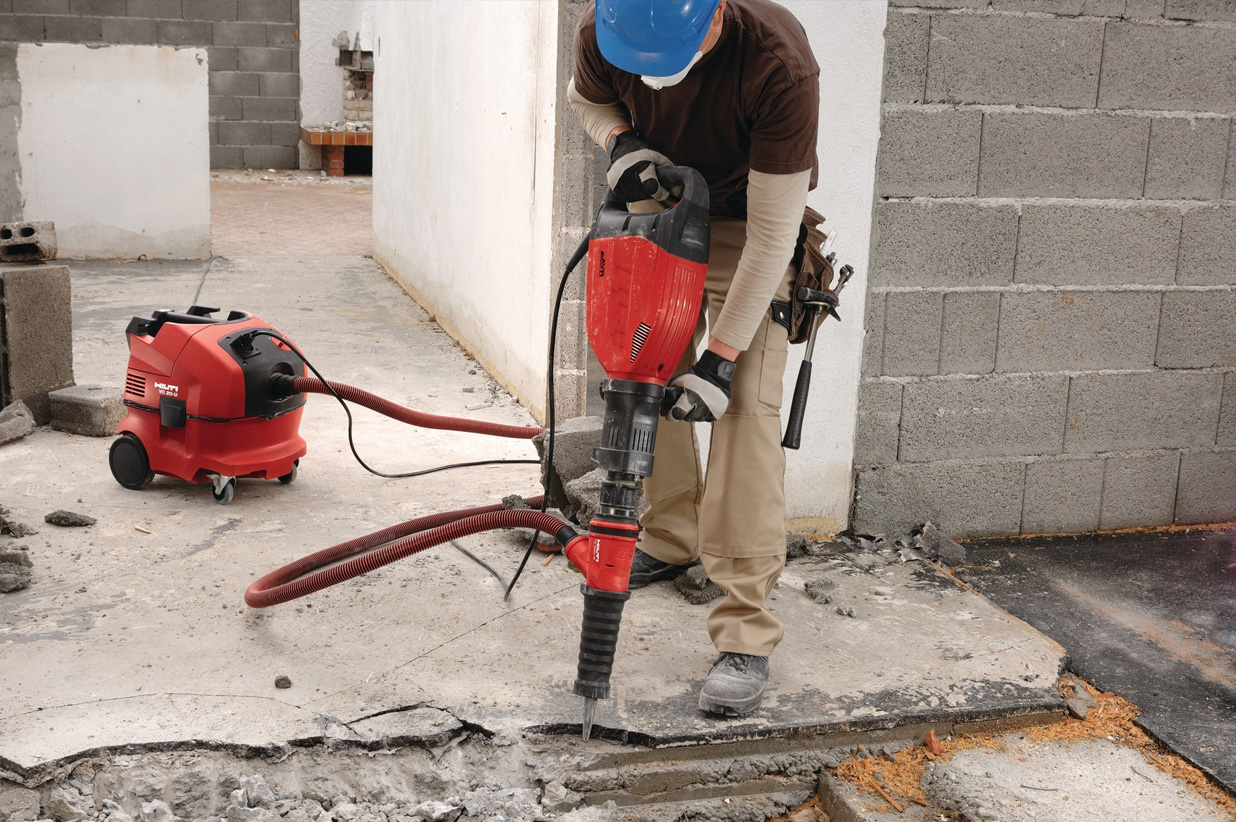
Depending on where your flat is in the building, some of these things may not affect you terribly. If you do see them, alarm bells should be ringing, which leads nicely into the second thing you should do – ask questions. Have a word with a current tenant and ask them about noise.
Bombard your agency with questions. Seriously. It’s their job. Maybe they own a couple of apartments either side of yours and know the situation. Hell, you can even show up on a Sunday morning at 8.30am and see what it’s like for yourself.
The Laws
What are the actual laws regarding excessive construction noise?
A Decree of the Shanghai Municipal People’s Government released in 2013 states that it is illegal to produce excessively loud noise from decoration and refitting between the hours of 8am and 6pm, and during the whole day of public holidays, but not weekends. Those who break these rules are supposed to be fined, but I’d be interested to know how many times that has actually happened. It also states that the landlord of the building/apartment can decide to provide stricter time limits but cannot make it more lenient. Cough *bullshit* cough. Some landlords have been known to bend the rules in order to get a job done quicker. Less days employing a crew = less money spent, which could be why they are operating outside the limits.
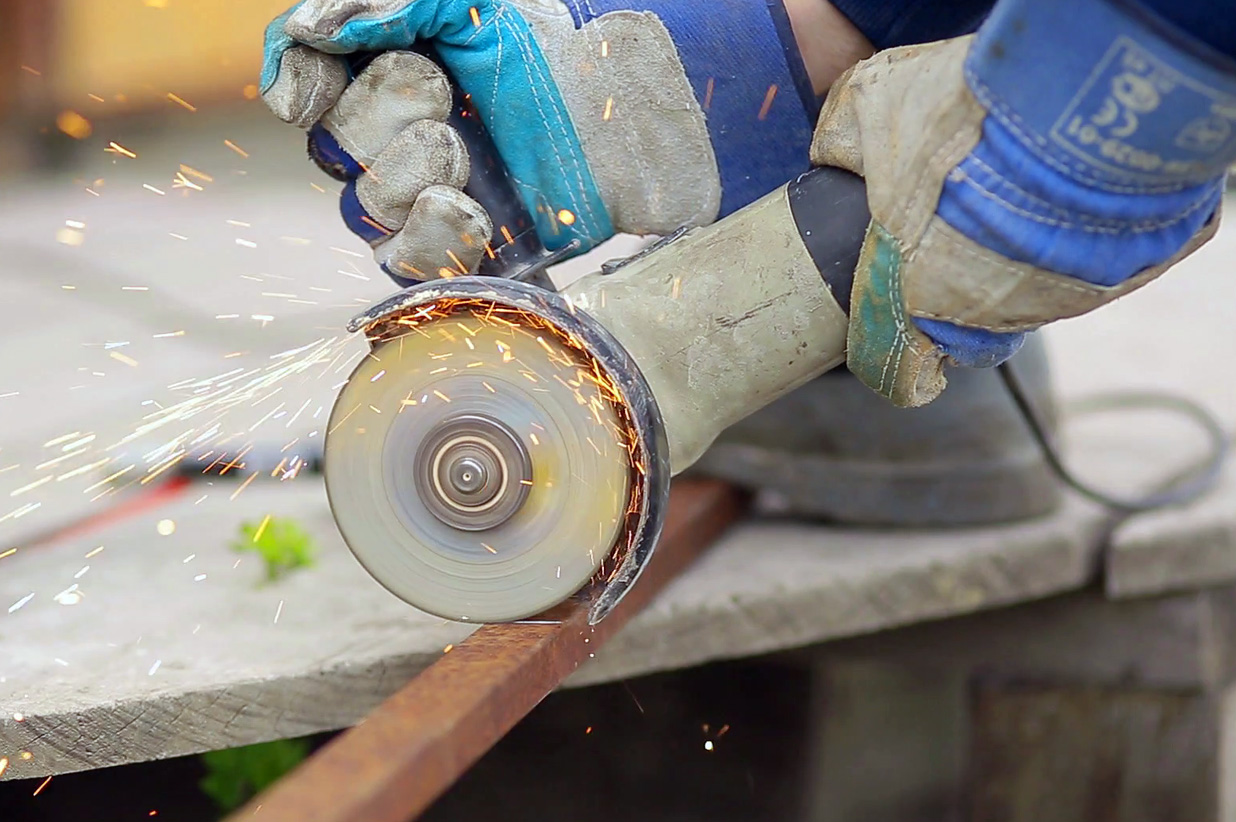
Construction sites outdoors are a different issue. Crews can obtain a license to work during the night in special circumstances such as emergency repairs, meaning residents’ complaints will only be considered if the noise is genuinely unbearable. However, this license is only needed for sites owned by private companies. Anything government-owned, like a new subway station for example, is not bound by the same laws and can smash concrete long into the night with no repercussions.
Your Options
Ok, the worst has happened. You’ve laid down your deposit and the first two month’s rent but you’re being woken up every morning at ridiculous o’clock by a million different sounds. Taxi to the airport? Easy now, don’t be hasty.
Communication
If it’s noisy neighbors, a friendly conversation should be your first move. Be civil. They are probably not intentionally trying to ruin your day. Should a language barrier mire any progress, ask a friend to help or whack out Google Translate.
Another option which can be used for repeat-offending neighbors, renovations or construction sites is Shanghai citizen’s service hotline, 12345. You can bring any problem you have to this number and they will re-direct your call to the correct department. Alternatively, there is the Shanghai Municipal Bureau of Environmental Protection at 6355 5605 or 12369. Noise pollution comes under their jurisdiction, so they may be able to help you.

One more number – dial 12319 for the office of Shanghai’s “chengguan” specifically aimed at preventing heavy construction noise. Chengguan are the officers in charge of keeping the streets looking and sounding nice. They are well known for chasing away street food vendors.
If none of this works, call the police on 110. They can handle interior renovation noise complaints or neighbor disputes. For some, getting the authorities involved has been successful, but in other cases its ineffectiveness has only fanned the flames of an already raging inferno of irritation.
Note, calling most numbers will require a decent level of Mandarin.
Insulation
If none of the above has any effect, or there is a problem that cannot be fixed by talking to someone, you can take measures into your own hands and insulate your room.
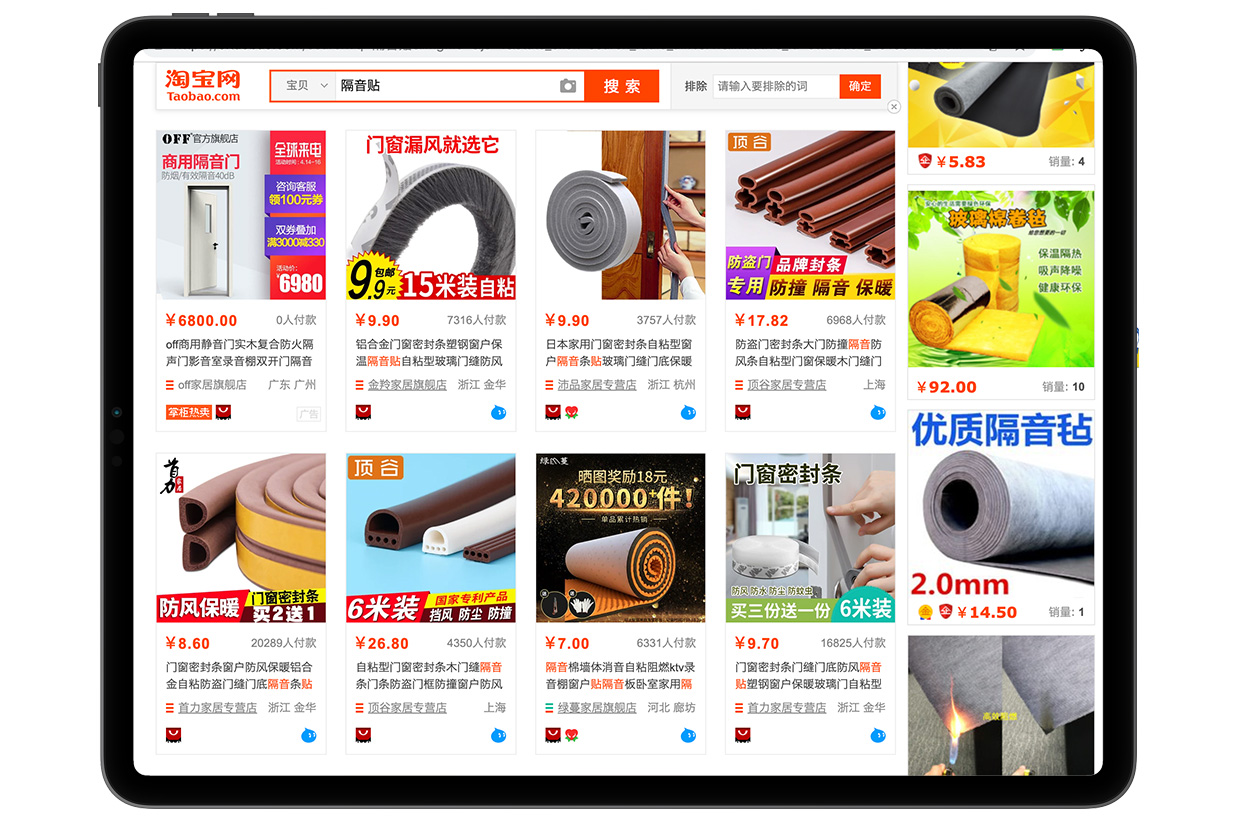
Should outside noise be the problem, start by taking a look at your windows. Many Shanghai apartment blocks don’t have double glazing, meaning that sound waves can get through more easily. Your first step should be to seal any gaps with high density foam tape. It’s available on Taobao here and costs between 15 and 30rmb. The Chinese name is 隔音贴。Old windows will almost definitely have some gaps that allow sound to come through, which will render any other remedies less effective if not combatted first. This can also be used around the edges of your door if the noise inside your own flat is an issue.
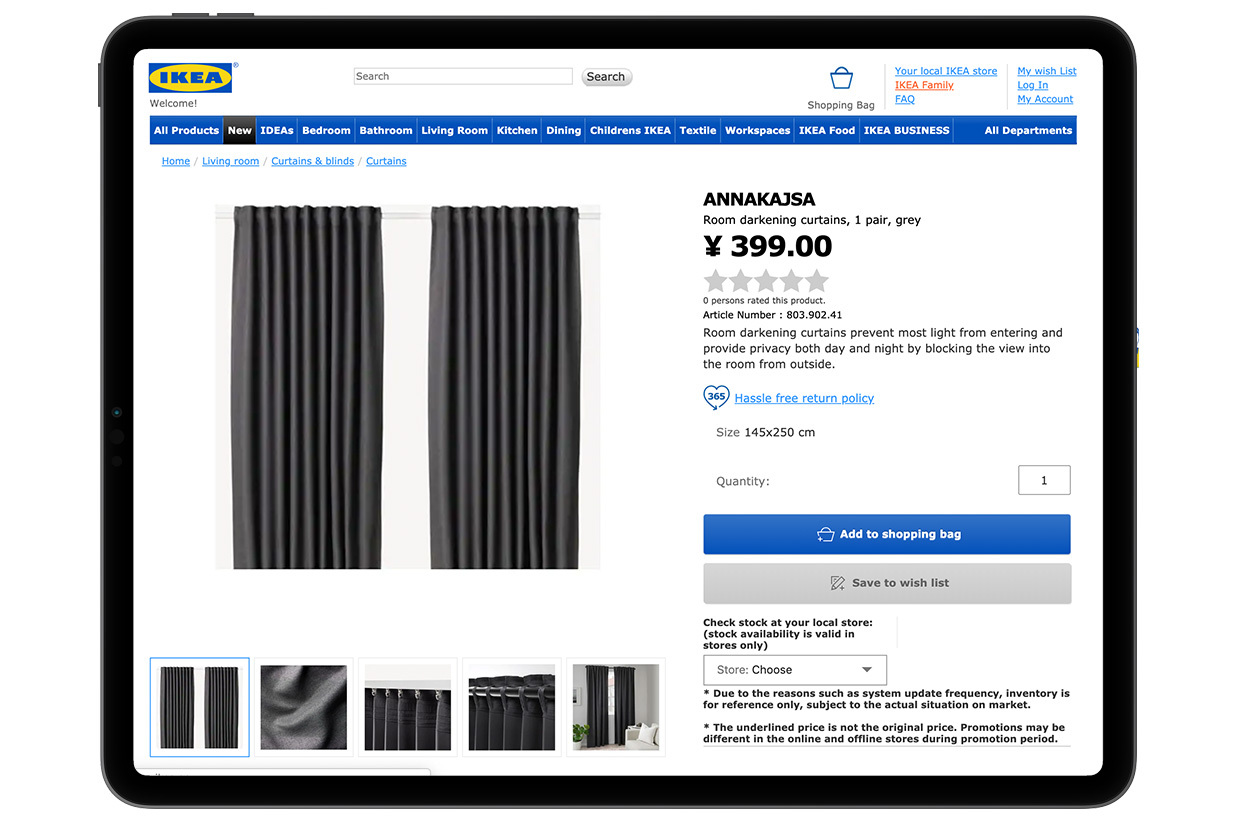
Next, try updating your curtains. Thick, heavy curtains like these from Ikea can help stop sound waves with sheer mass. Good for keeping out light and cold too. They cost about 400rmb and are available at the Ikea on Caoxi Lu.
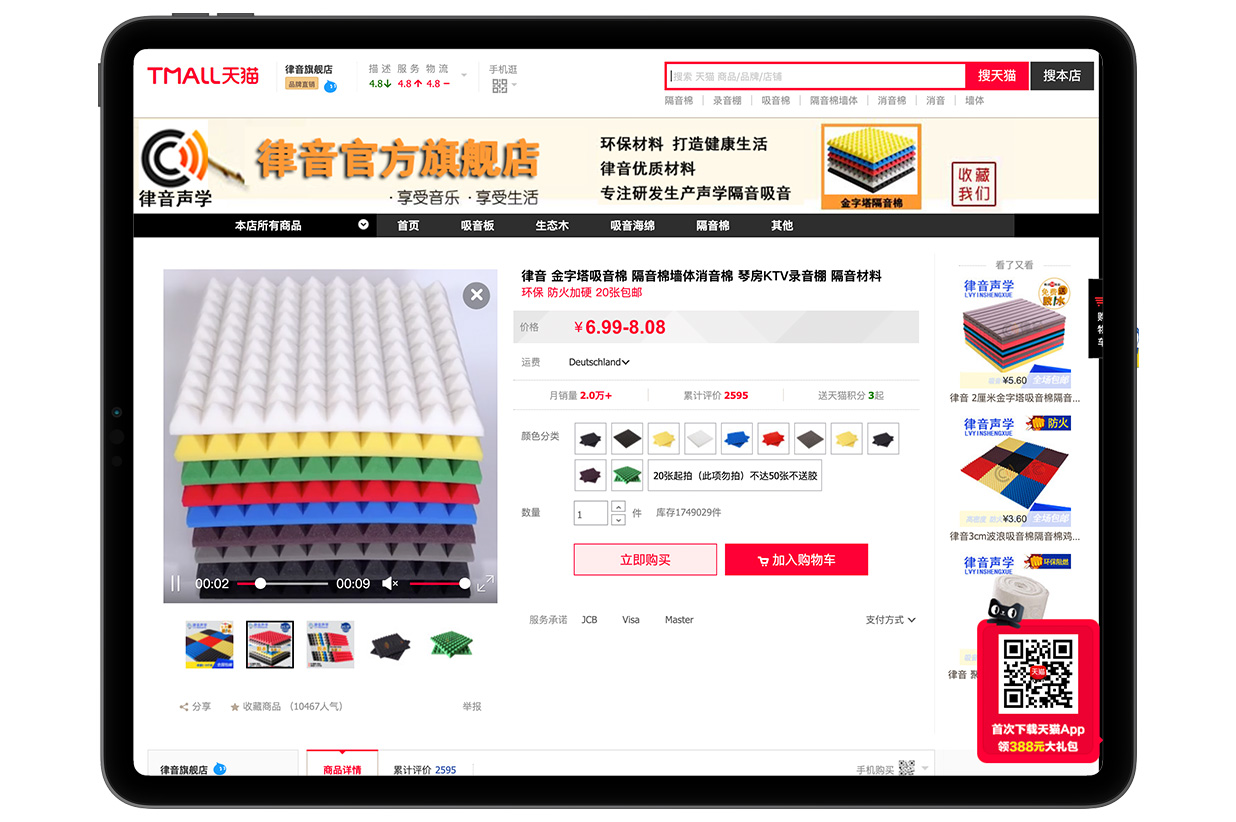
For sound that is within your building and coming through your walls or ceiling, these acoustic panels (隔音棉 in Chinese) are used in music studios, cinemas and KTV and will help muffle the noise. They are pretty cheap on Taobao, most single panels cost under 10rmb + postage.

While most of this stuff is not expensive, installing it all can be a bit of a hassle and the results you get probably won’t be life-changing. For a lot of general noise issues, a good pair of earplugs can go a long way. Many modern pairs are being made so that it doesn’t feel too uncomfortable or intrusive, and Taobao has a huge selection here (the Chinese is 耳塞). The price of a decent foam pair is around 30rmb but more scientific ones will be pricier.

White noise machines can do a job too if you want to drown out a more random sound with a constant one. Taobao to the rescue once again. Here are a bunch of options from 300rmb up, the Chinese for this machine is 白噪音机.

![[How To]: Soundproof Your Life](https://www.life-china.com/wp-content/uploads/2019/07/1555336018-1280x640.jpg)


![[How To]: Get a Chinese Driver’s License](https://www.life-china.com/wp-content/uploads/2021/06/95266478133-440x264.png)

Recent Comments